Forests and Water
Forests and Water
Science-Policy-Practice Interface for Managing Forest and Water Interactions under a Changing Environment
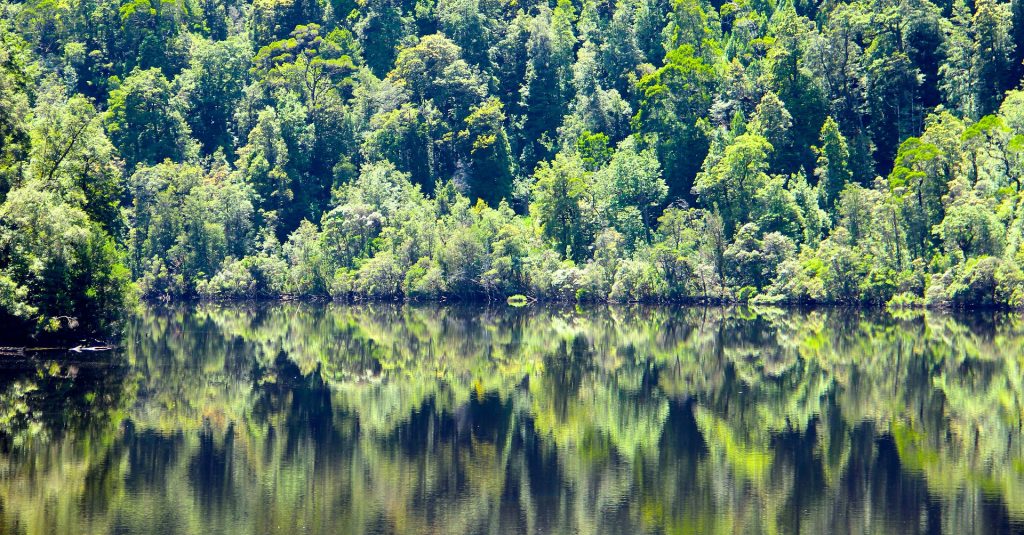
Water is fundamental to life on earth. What may not be quite so obvious is that forests are equally vital resources for life on the planet.
And the two – water and forests – are inseparable in the pursuit of a sustainable and sustainably developed world. Therefore, forests and water resources have been identified as essential elements in adaptation to climate change.
Read more…From tradition to innovation: Insights into trends in forest-related employment and tertiary education
NOTE: This text is reblogged without changes from a blog post authored by Juliet Achieng that originally appeared on the EFI Resilience Blog, https://resilience-blog.com/2021/11/11/from-tradition-to-innovation-insights-into-trends-in-forest-related-employment-and-tertiary-education/, on 11 November 2021.
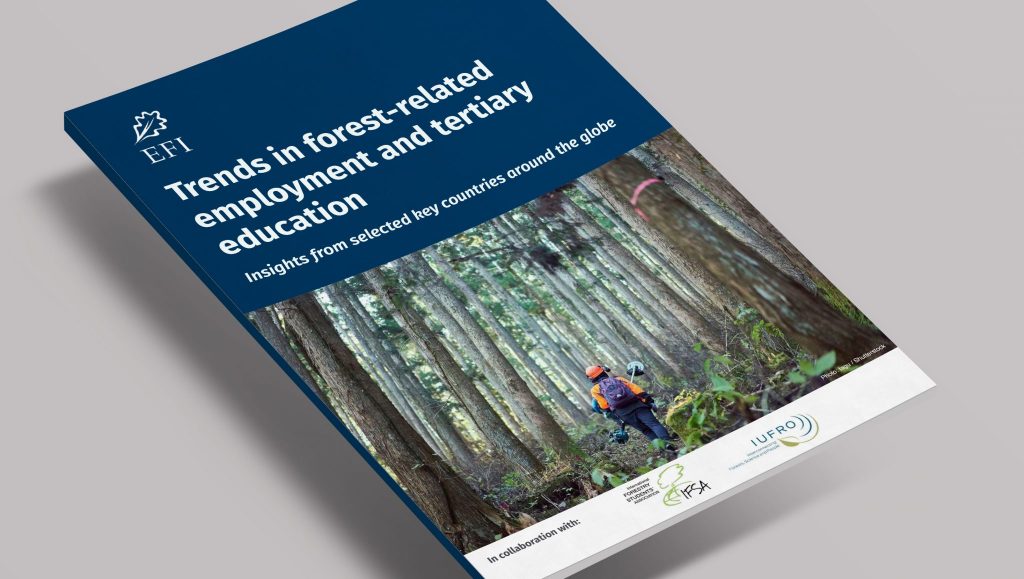
From tradition to innovation: Insights into trends in forest-related employment and tertiary education
Despite their differences in e.g. climate, culture, and culinary preferences, you might be curious to find out what Brazil, China, Finland, Germany, Indonesia, South Africa and United States of America have in common.
The seven countries represent 42.7% of the global forest cover; and six out of the seven countries were among the top producers of forest products globally in 2018. Thus, the forest sector contributes significantly to their Gross Domestic Product (GDP) and creates a high number of full-time equivalent (FTE) jobs (FAO Global Forest Resources Assessment Report, 2015). But when we speak about jobs, do we know what changes are happening in forest-related employment in these countries? What are the major drivers of these changes? What is the state of forest-related green jobs there? How are the countries’ forest-related tertiary education programmes addressing these changes? And what is the future of forest-related employment and education in these countries?
Read more…Coming out of the Pandemic by Interning at IUFRO To top
Coming out of the Pandemic by Interning at IUFRO
By Agustín Rosello

IUFRO Headquarters is a family I will never forget. I still remember when I found out that I had been accepted as a trainee at IUFRO Headquarters in Vienna. I was working in my home office in a remote town in the middle of a country far south in Latin America, organizing the 50th anniversary of the International Forestry Students’ Symposium (IFSS), when I read that e-mail and realized my life was about to change. I started shouting and jumping for joy because finally this corona nightmare was over, and I was going to achieve my dream of working at an international organization in Europe. Austria was my destination and IUFRO my challenge.
Read more…My experience as an IFSA Trainee at IUFRO
My experience as an IFSA Trainee at IUFRO
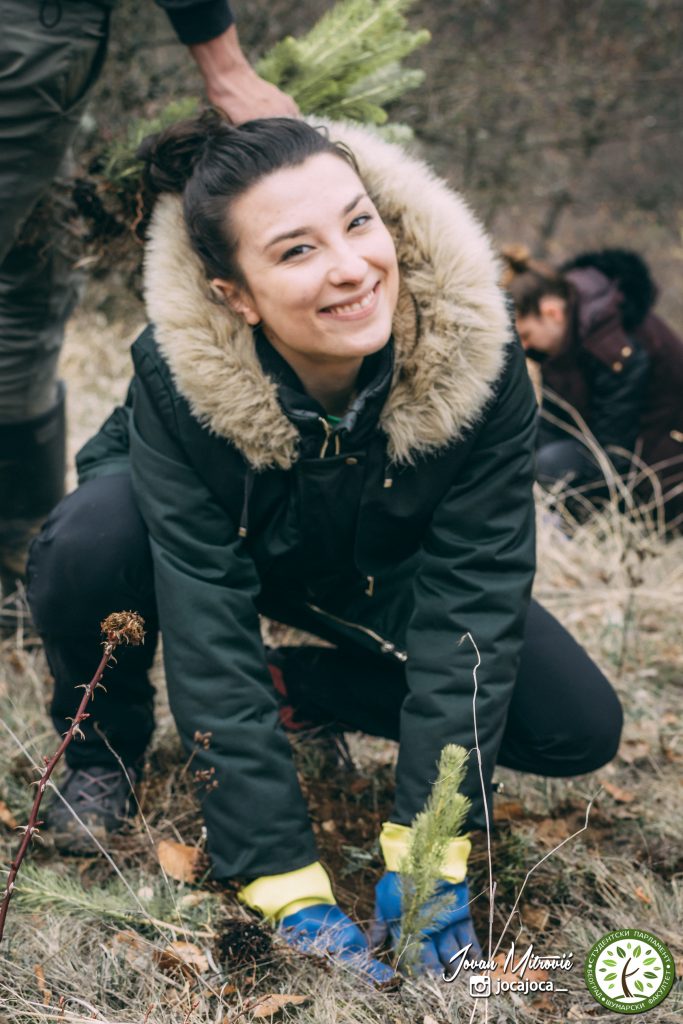
My name is Mirjana Volarev, and I am from Serbia. I am an environmentalist and a forester with a passion for climate policy. I completed my Bachelor’s degree in Serbia at the Faculty of Forestry, University of Belgrade, and my Master’s degree in Environmental Sciences and Policy at the Central European University in Vienna, Austria.
10 Years of REDD+: Outcomes and Socio-Ecological Impacts
10 Years of REDD+: Outcomes and Socio-Ecological Impacts
Report by Mirjana Volarev, IFSA Intern at IUFRO
On 28th and 29th September 2021 IUFRO organized the digital IUFRO World Day event. During this event, participants had the opportunity to travel virtually across the globe and discover a wide array of forest research topics in over 70 live sessions and a similar amount of static information items.
Read more…The power of social innovation to increase the wellbeing of forest-dependent communities in the Carpathian and other mountain regions
The power of social innovation to increase the wellbeing of forest-dependent communities in the Carpathian and other mountain regions
The IUFRO Working Party 4.05.05 Social innovation and entrepreneurship organised a special session of the6th Forum Carpaticum entitled “The power of social innovation in mountain areas to steer a sustainable governance of nature”. Scientists from over the world were brought together (online) to discuss the emergence and development of social innovation in the Carpathian Mountains and beyond. The Forum’s presentations included a conceptual talk based on findings on social innovation in mountain forestry from H2020 SIMRA project coordinated by James Hutton Institute, topics on how social innovation can offer transformative opportunities to forestry in Ukraine; communities’ empowerment through carbon forestry in Slovakia; impacts of social innovation on inequalities in mountain–lowland relationships in Swiss Alps; citizen science and adopting Living Lab approach to foster sustainability transformations and foster biodiversity conservation through participatory management of nature protected areas, and others.
Read more…Employment and Sustainability in Latin American Forests
Employment and Sustainability in Latin American Forests
Main Objective of Unique Entrepreneurship Guide
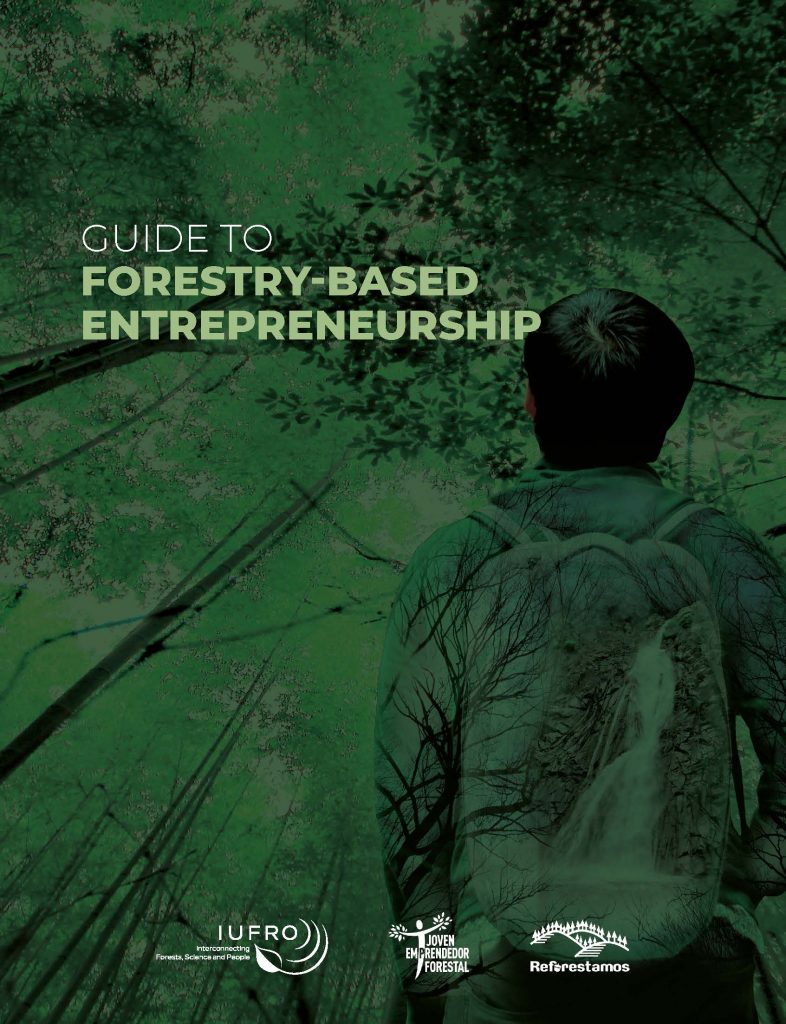
IUFRO and the International Forestry Students’ Association (IFSA) – through a Joint IUFRO-IFSA Task Force on Forest Education (JTF) – have joined forces with Reforestamos in developing an ambitious “how-to” forest-based entrepreneurship guide for use throughout Latin America.
Reforestamos is a Mexico-based NGO with a mission to safeguard forest landscapes needed for sustainable development in the region. It has, among other initiatives, supported the creation of small and growing businesses by people living in and from the forests.
The result of the IUFRO-IFSA-Reforestamos collaboration is the Guide to Forestry-Based Entrepreneurship.
Read more…What’s the buzz? Studying insects on ‘the web’
What’s the buzz? Studying insects on ‘the web’
A series of webinars, originally seen as a temporary response to some of the travel constraints imposed by the COVID pandemic, will most likely continue after post-COVID equilibrium is restored.
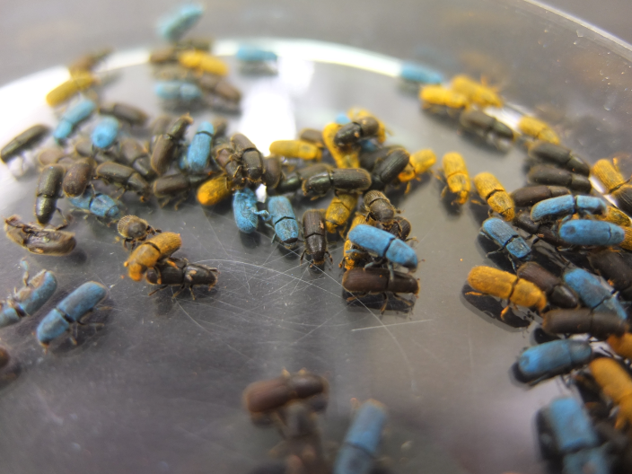
“In light of the current pandemic, many scientific meetings were cancelled – including the many meetings that IUFRO Working Parties (WPs) and other units host each year,” said Dr. Jeremy Allison of the Canadian Forest Service and coordinator of IUFRO’s WP 7.03.16 that deals with Behavioral and Chemical Ecology of Forest Insects.
Read more…IUFRO Spotlight #88 – Using a social science lens on the forest bioeconomy
IUFRO Spotlight #88 – Using a social science lens on the forest bioeconomy

In many countries, forests are important sources of renewable biomass and figure prominently in bioeconomy strategies.
Forests can be stretched beyond their traditional applications and used in textiles, chemicals, and cross-laminated timber, among other things, and can provide climate and ecological benefits, lead to rural employment opportunities and add to regional growth.
Read more…Helping ensure that forest bioenergy is environmentally sustainable
NOTE: This text is reblogged without changes from a blog post authored by Dr. Brian Titus that originally appeared on the BMC blog network, http://blogs.biomedcentral.com/on-physicalsciences/2021/04/15/forest-bioenergy-sustainable/, on 15 April 2021. This blog post is licensed under a Creative Commons Attribution 4.0 International License. One of the authors of the original study, Dr. Viktor Bruckman, is the Deputy Coordinator of the Former IUFRO Task Force “Forest Biomass Network”.
Helping ensure that forest bioenergy is environmentally sustainable
Can removal of woody materials from forests for renewable bioenergy production be environmentally sustainable? A recent review in Energy, Sustainability and Society demonstrates that a wide range of environmental and social values can be protected when harvesting forest biomass, such as harvest residues, salvaged sub-merchantable trees, diseased or dead trees, and whole-tree thinnings.
Brian Titus 15 Apr 2021
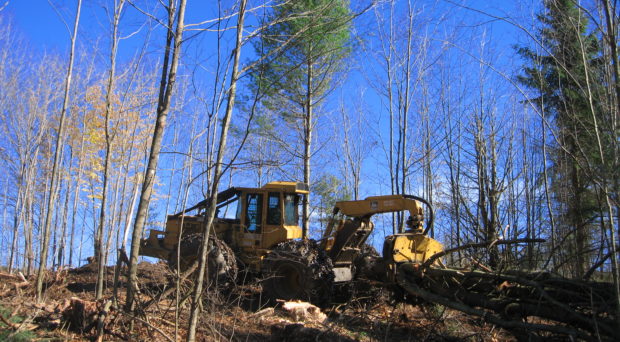
Photo credit: David Paganelli
